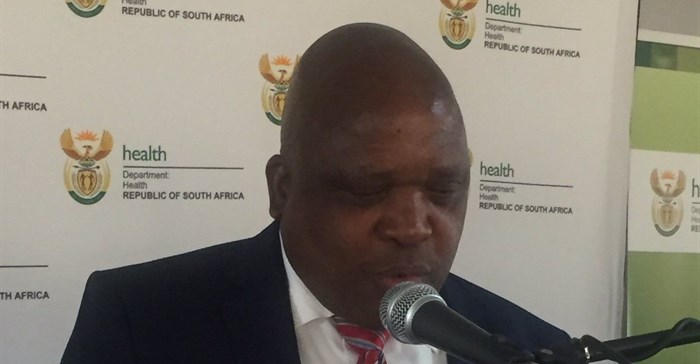Covid-19: New variant with multiple mutations detected in SA

The variant has also been detected in Hong Kong, China and Botswana. While the variant has been detected in South Africa, this does not mean it is from this country. The Health Minister, Joe Phaahla, together with scientists Prof Tulio de Oliveira and Dr Richard Lessells, reported on the new variant last week in an address to the public and media.Rising casesThis foolows a rrapid rise in new cases over the past week. At the time of the announcement there had been 1,275 new cases and 22 more deaths reported, a 3.6% increase in the positivity rate over this period. Gauteng led the way with 1,018 cases, followed by the Western Cape with 61 cases and then KwaZulu-Natal with 41. “The new cases in Gauteng appeared to be in the Tshwane area, and mostly among students,” says the minister. At first the rise in cases were thought to be cluster outbreaks, but early signs from diagnostic laboratories showed that B1.1.529 has rapidly increased in Gauteng and could already have spread to other provinces. Unknown behaviour“The concern is that B1.1.529 has a high number of mutations making it difficult for scientists to predict its behaviour,” adds the minister. De Oliveira says while we can make some predictions about the impact of the variant, the full significance is uncertain. “Not a lot is understood about this variant,” adds Lessells. “We are trying to characterise the impact of the mutations on the behaviour of the virus,” he says.This includes:
- How transmissible is this mutation?
- How will it affect vaccine and the protection is provides?
- What is the risk of reinfection?
- Will disease severity be more or less?
- What diagnostics are needed?
De Oliveira admits that the variant has surprised them. “It has many more mutations than expected and the concern is that the cases will rise rapidly. However, this early detection has given us some time to prepare,” he says. Vaccine still the best protection"What we can say is that the vaccines remain the critical tool for protecting us from severe diseases and preventing another surge in cases that will put pressure on the healthcare system," say both scientists. The minister asked that the public avoid super spreader events, especially with schools closing. He urged the public to sanitise, wear their masks and social distance.“While we hoped for a long recess in terms of no infections, this has descended on us. We thought there would be a spike in mid- or late December, but this variant is of serious concern as it is driving a spike in positive numbers,” says the minister.Scientists have been tracking the variant for several months - as early as May this year - to understand how it behaves and how easily it transmits between people and how sharp a wave it could form. The scientists met with the World Health Organisation (WHO) on Friday to discuss the new variant and also assigned it the name of Omicron.
































